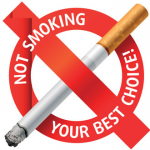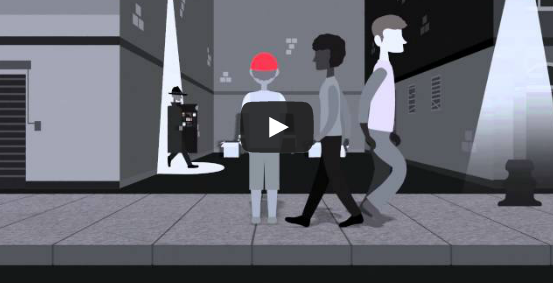Transparency is extremely important to us, so we are letting you know that we may receive a commission on some of links you click on from this page. See our disclaimer.
 Yesterday, the World Health Organization marked World No Tobacco Day by highlighting the health risks associated with tobacco use and advocating for effective policies to reduce tobacco consumption.
Yesterday, the World Health Organization marked World No Tobacco Day by highlighting the health risks associated with tobacco use and advocating for effective policies to reduce tobacco consumption.
The problem
“The illicit tobacco market may account for as much as one in every 10 cigarettes consumed globally, according to studies, including information supplied by the global customs community. The European Commission estimates that illicit trade in cigarettes costs the EU and their Member States over €10 billion annually in lost tax and customs revenue.”
“Illicit trade is not a problem just in high-income countries; almost all countries throughout the world are subject to illicit trade in some form or another. In response to the threat posed by illicit tobacco trade, the international community negotiated and adopted in November 2012 the Protocol to Eliminate Illicit Trade in Tobacco Products, the first protocol to the WHO FCTC.”
Why?
The illicit trade of tobacco products is detrimental to your health and your interests.
- Illicit tobacco products hook young people into tobacco experimentation and use because they are more affordable. Such illicit products also mislead young tobacco users by not displaying health warnings and sometimes involving children in illegal selling activities.
- Illicit trade takes tax revenue away from the Government, which could have otherwise been spent on the provision of public services, instead directing such funds into the hands of criminals.
- Illicit trade strengthens corruption and weakens good governance.
- Tobacco companies have been known to use loopholes in tobacco control governance systems and indulge in the illicit trade of tobacco products.




0 Comments